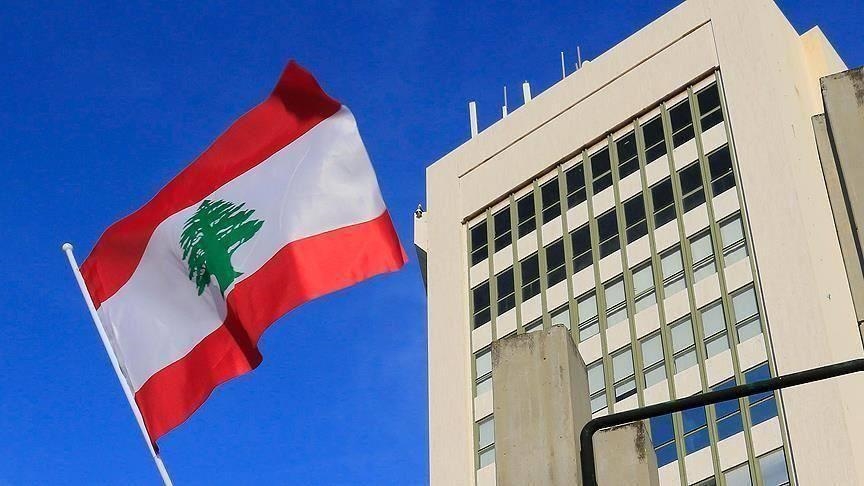In a dramatic gesture that sent waves throughout the diplomatic community, Lebanese caretaker Prime Minister Najib Mikati has ordered an opening of his country’s embassy in Damascus. Such move, announced on Monday, follows the melodramatic fall of Bashar Assad’s regime, thus signifying a major turnabout in Lebanon’s position with respect to its neighbor.
As word of the verdict spread, rumors and conjecture had been circulating around Beirut’s bustling streets for days. After years of tension and uncertainty, the embassy’s reopening represents a small step toward repairing relations with Syria for many Lebanese civilians.
The meeting was a decisive meeting between Prime Minister Mikati and Foreign Minister Abdallah Bou Habib: “The prime minister instructed the reopening of the Lebanese embassy in Damascus, which was closed amid recent developments,” read the statement, carefully chosen words reflecting the sensitive nature of the event.
According to a release by the Lebanese government, this was after Prime Minister Mikati engaged the foreign minister in an important session at the Grand Serail of Beirut. The historical structure that bore witness to numerous political inconclusiveness went on to stage another development that is paving the way toward reshaping some regional dynamics.
Syrian politics saw a substantial turn on December 8, which coincided with the shutting down of the embassy. The end of the Ba’ath Party’s 61-year rule was marked as opposition forces stormed into Damascus, thus sending the regime of the Assad family, which had lasted for over 50 years, crumbling to the ground.
This decision concerning the reopening of the embassy is perceived by most of Lebanon to mean more than just a diplomatic formal gesture between the two countries. “It’s about time,” was all Hassan, a downtown Beirut trader who prefers to be anonymous, said. “What’s going on next door cannot be disregarded. Whether we like it or not, our destiny is entwined.
The transfer illustrates Lebanon’s diplomatic readjustment within the framework of thorough political changes in Syria. It is a conscious action, which means that it results from an acceptance of this new situation, but it involves, also, implicit surveillance of the still evolving reality on the opposite side.
“Are we moving too fast? The dust hasn’t even settled in Damascus. We should be cautious about who we’re engaging with.”
These dual feelings are a reflection of the heterogeneous tapestry of Lebanese society where attitudes toward Syria are heterogeneous and highly varied to an extent. Because of a long history of political turmoil and external influence in the case of the country, many are reluctant to undertake such drastic diplomatic actions.
There has been great interest in the practical impact of the reopening of the embassy, when news spreads that the embassy is open. When will the embassy be fully operational? Who will staff it? At this time, there are still unanswered questions because Beirut is closely monitoring the evolution in Damascus.
According to the Lebanese Foreign Ministry, new information on the issue of the envisaged possibility of mission operation will be announced in the next few days. Officials are keen to stress that this is a process, not a sudden change. We’re doing it one step at a time,” a ministry source said, speaking on condition of anonymity. This is in order to open channels of communication and not to announce big political pronouncements.
In the case of Lebanon, the country lagged far behind its big neighbor, the decision to reopen work in the embassy is a skillful balancing act between possible risks and benefits. There is a delicate balancing act between accepting the reality of Syria and maintaining the tenuous internal Lebanese political equilibrium.
Under the setting sun over Beirut, seafront limbs stretching out into the fingers of the Syrian story there, the room is brimming with Lebanese wondering what the following sentence of their Syrian story will be. Will it result in greater stability and togetherness or reopen old sores?
The road ahead is far from straightforward.







